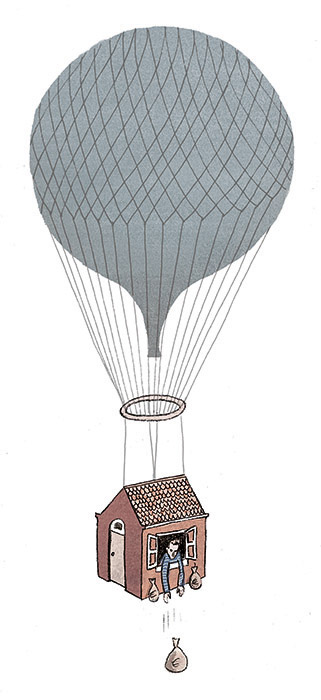Delinquent taxes soaring in Cook County
Reportedly, taxes of 163,036 parcels in Cook County were not paid on time. This comprises 2018 taxes which should have been paid in 2019. and amounts to 8.7% of all parcels in the County. For a dozen south Cook County municipalities, this amounts to 20% or more of total parcels. Counts by municipality are posted separately for south, west, and north Cook. All sources show the percentage of parcels with unpaid taxes within the City of Chicago as 9.9%.
Separately, the reports show that only 7.8% of the delinquent taxes offered for auction in 2018 were bought by investors, which might imply that the remaining parcels are considered worth less than the taxes owed.
Unfortunately the source doesn’t tell us how many of the parcels are vacant, residential, commercial, or other uses, and gives no historical context, so we don’t really know how any of these figures compare to prior years. But regardless, the current numbers are alarming.
Suppose that the real estate tax system was changed, so that improvements would be tax-free while the value of land as vacant would be heavily taxed to make up the difference. For vacant parcels, construction of houses or other structures would not increase the tax. For parcels which contain improvements, taxes likely would be lower than now, and improvements would again be tax free. Just a thought.
Maybe expanding tax-exempt institutions raise land prices?
Crains tells us that a strikingly-designed two flat, less than 30 years old, is worthless. Well, they didn’t say it quite that way, but it was sold for $1.9 million to a buyer who will demolish it. So the $1.9 million was for the land. I don’t know whether any developer of housing or anything else taxable would have paid nearly that much for the site, but the buyer was tax-exempt Illinois Masonic Medical Center. Their exempt status of course made the land more valuable to them. Which raises the interesting question of whether buying land in the path of such an institution’s expansion might be a profitable strategy. Of course, a fair-minded community might decide to tax land used for hospitals at the same rate as land used for housing and other useful things. But we’re not there yet.
“Taxes – De Standaard” by Stijn Felix is licensed under CC BY-NC-ND 4.0

